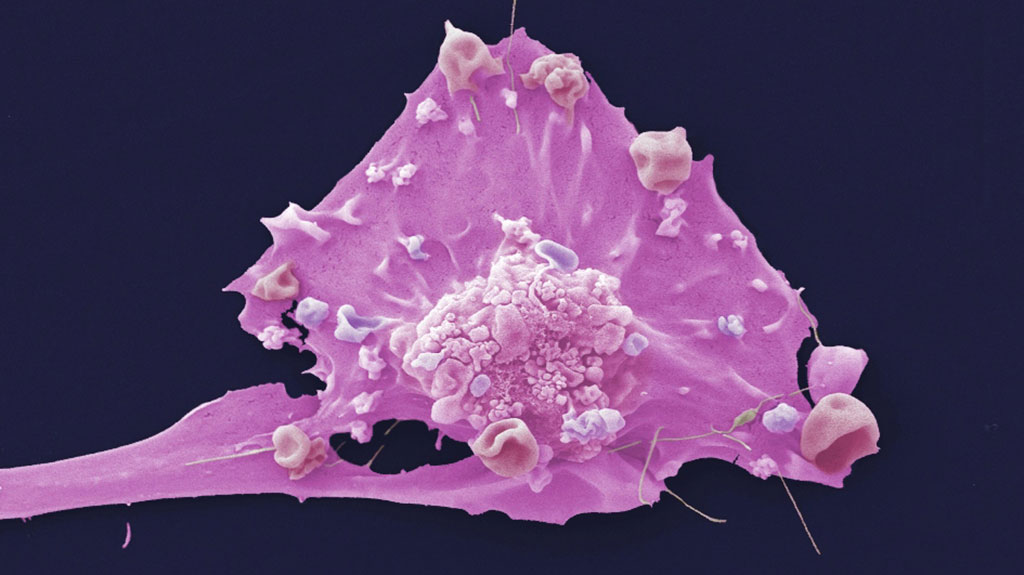New Test Identifies Women Less Likely to Respond to Standard Breast Cancer Treatment
Posted on 03 Nov 2022
Estrogen receptor positive, human epidermal growth factor receptor 2 positive (ER+/HER2+) breast cancer is a molecularly diverse disease and the intrinsic differences between the cancers of patients can lead to different responses to the same treatment. This makes it very challenging to select patients who may benefit from hormone therapy. Now, a new breast cancer test could detect women who are less likely to respond to a standard breast cancer treatment – and could help improve treatment for these women by giving them other treatment options earlier. Scientists have identified a set of new ‘biomarkers’ – or biological markers – that are associated with poor response to drugs called aromatase inhibitors, in patients with ER+/HER2+ breast cancers. The findings are significant in their potential to guide future treatment for women with ER+/HER2+ tumors, and in providing an unprecedented insight into the molecular and genetic profiles of this tumor type.
In a study, a research team led by scientists at The Institute of Cancer Research (London, UK) genetically profiled more than 300 ER+/HER2+ breast cancer tumors and compared the levels of Ki67 – a protein that marks cancer cell growth – in samples taken when patients were first diagnosed, and at two weeks after starting aromatase inhibitor treatment. They then applied advanced machine learning methods to group genetic and molecular features associated with good or poor response. Tumor samples for the study were sourced from the phase III POETIC trial, which tested the benefit of two weeks of pre-surgical aromatase inhibitor therapy at reducing the risk of recurrence in women with early-stage, hormone-positive breast cancer.

The researchers identified five new subtypes of ER+/HER2+ tumors based on their molecular and genetic characteristics, each of which was associated with a different time to relapse after treatment. One subtype in particular – which they called ‘HER2-enriched’ – had a high rate of cancer cell growth and a relatively short time to relapse after treatment, indicating poor response to aromatase inhibitors. The researchers hope to apply the findings from this study to develop more effective treatments for patients with ER+/HER2+ breast cancer. They have filed a patent for these new biomarkers and are now looking for opportunities to further progress the project with an industry partner. The researchers are also looking for opportunities for collaboration on another project, which has uncovered biomarkers associated with resistance to a different type of breast cancer drug called CDK4/6 inhibitors and aromatase inhibitors.
“This is the first and largest study exploring mechanisms of resistance to hormone therapy in HER2 positive, estrogen receptor positive breast cancer. Our results establish our ‘HER2-enriched’ subtype as the first predictive biomarker associated with resistance to aromatase inhibitors and worse outcome in these breast cancers,” said study lead Dr. Maggie Cheang. “Our study also highlights the need to characterize breast cancer subgroups more closely. Molecular profiling of tumors allows identification and development of new biomarkers that can increase our understanding of disease and treatment resistance.”
Related Links:
The Institute of Cancer Research














